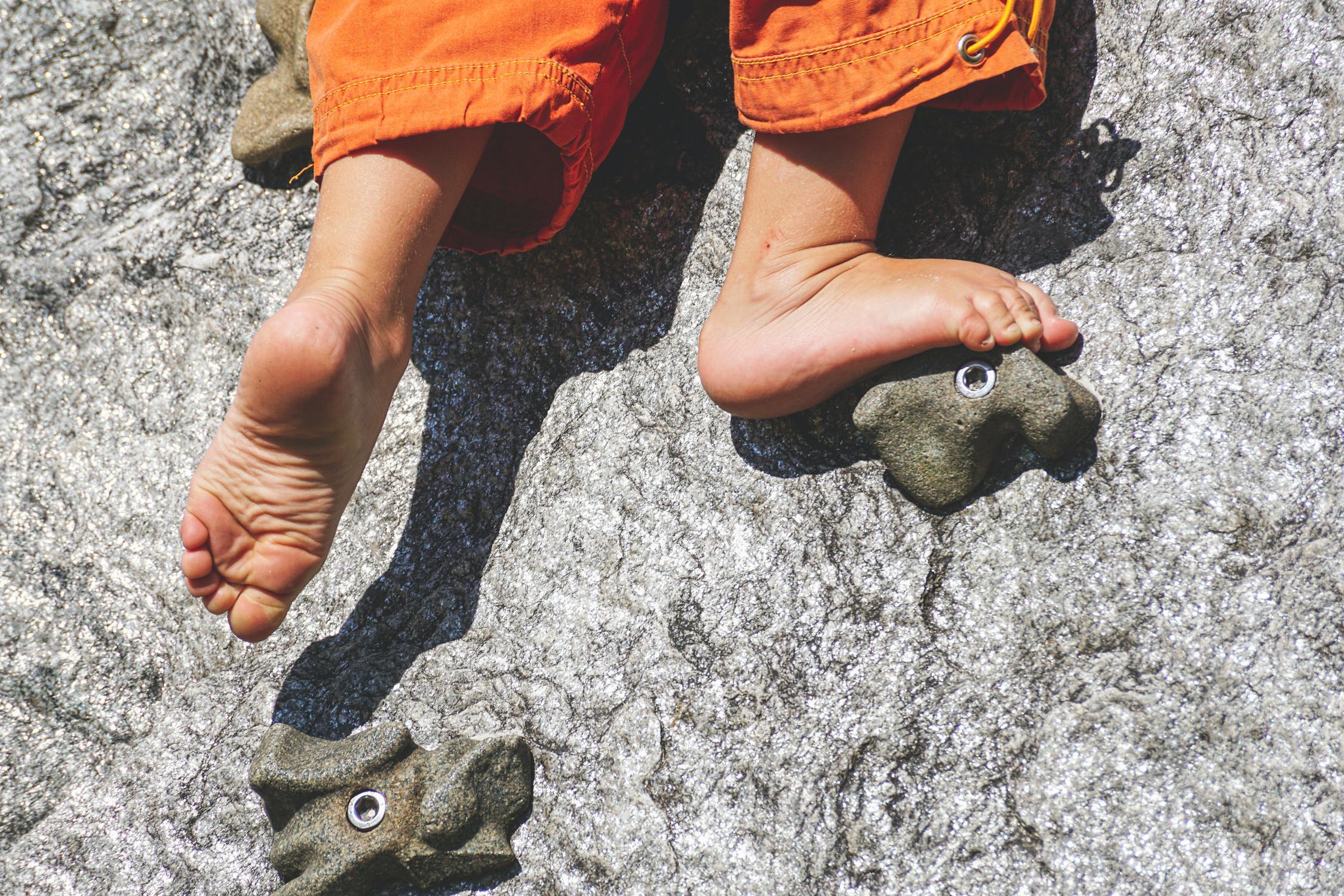
Building Resilience: Cultivating the Unwavering Strength of Children.
Life is a tapestry woven with threads of joy, sorrow, triumph, and struggle. For our children, navigating this intricate design requires a crucial strength – resilience. This article delves beyond the concept of simply bouncing back, exploring the deeper psychological underpinnings of resilience, its profound impact on children’s well-being, and practical strategies to nurture this vital skill.
The Resilience Framework: A Psychological Deep Dive
Resilience isn’t a singular trait; it’s a complex psychological ecosystem comprised of interconnected elements. A pioneer in resilience research, identified several key protective factors:
Secure Attachment: A strong bond with a nurturing caregiver provides a safe haven for children to explore and a secure base to return to after encountering challenges. This sense of security fosters self-confidence and the ability to cope with stress.
Self-Efficacy: The belief in one’s ability to manage challenges and achieve goals is central to resilience. When children experience mastery over tasks, it builds a sense of self-efficacy, motivating them to persist in the face of difficulty.
Positive Appraisal: The ability to reframe negative situations and find meaning in setbacks is crucial. Resilient children develop an optimistic outlook, viewing challenges as opportunities for growth.
The Impact of Resilience: Beyond Bouncing Back
Beyond the immediate benefit of navigating challenges, resilience has a profound impact on children’s long-term psychological well-being. Studies have shown that resilient children are:
Better Equipped to Manage Stress: Resilient children have a more robust stress response system. They are better at regulating emotions and adapting to challenging situations, leading to lower levels of anxiety and depression.
More Likely to Achieve Academic Success: The ability to persevere through setbacks and maintain motivation is crucial for academic success. Resilient children are more likely to maintain effort in the face of difficulty, leading to higher academic performance.
Develop Stronger Social Relationships: Resilience fosters the ability to navigate conflict constructively and maintain positive relationships. Resilient children are more likely to build and maintain healthy social connections.
Building the Resilience Toolkit: Practical Strategies
While resilience is not solely determined by genetics, it is a skill that can be nurtured and strengthened. Here are some evidence-based strategies to promote resilience in children:
Cultivate Open Communication: Create a safe space where children feel comfortable expressing their feelings, both positive and negative. Active listening and validating their emotions fosters trust and allows for problem-solving together.
Embrace the Power of Play: Play is not just about fun; it’s a crucial learning ground for developing social skills, emotional regulation, and problem-solving abilities – all cornerstones of resilience.
Normalize Mistakes as Learning Opportunities: Shift the narrative around failure. Celebrate effort and perseverance, and guide children to learn from mistakes. This fosters a growth mindset and reduces the fear of failure.
Teach Self-Care Techniques: Equip your children with tools to manage stress and maintain well-being. From mindfulness exercises and deep breathing to healthy sleep routines and physical activity, self-care empowers children to regulate their emotions effectively.
Model Resilience: Children learn by observing. Demonstrate resilience yourself by openly discussing your own challenges and coping mechanisms. Let them see how you navigate setbacks and learn from them.
Conclusion: Building a Resilient Future
Building resilience in children is an investment in their psychological well-being. By fostering emotional intelligence, promoting a growth mindset, and providing a supportive environment, we can equip them with the tools to navigate life’s inevitable challenges, overcome difficulties, and thrive in the face of adversity. Remember, a resilient child isn’t one who avoids hardship; it’s one who emerges stronger and more capable from every experience.

